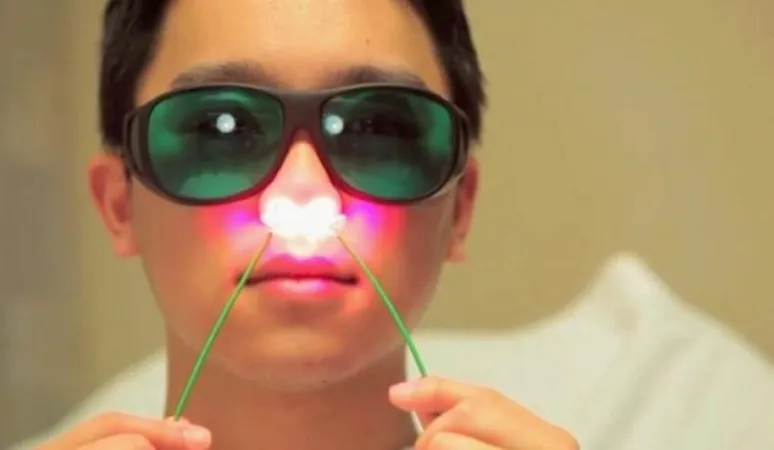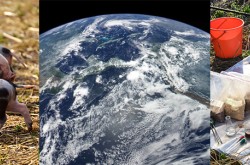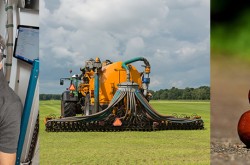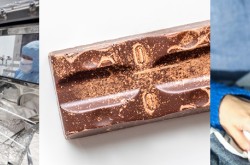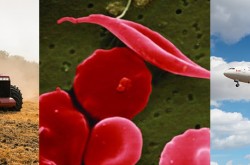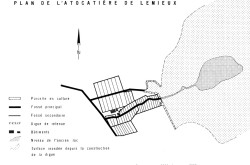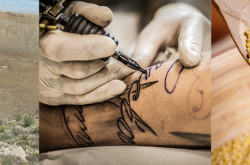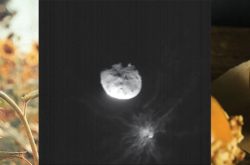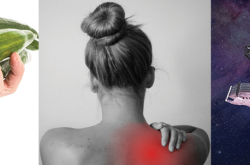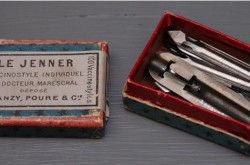Vancouver General Hospital Won 2013 Global Infection Control Innovation Award with Ondine Biomedical's Photodisinfection Technology and Universal Nasal Decolonization Protocols
This article was originally written and submitted as part of a Canada 150 Project, the Innovation Storybook, to crowdsource stories of Canadian innovation with partners across Canada. The content has since been migrated to Ingenium’s Channel, a digital hub featuring curated content related to science, technology and innovation.
Surgical Site infections are the 4th leading cause of death in Canada, representing a serious threat to patient safety. Patients who develop infections post surgery are five times more likely to be readmitted to hospital and twice as likely to die. Surgical site infections also represent a significant cost burden to our provincial healthcare systems. The CDC reports that the average surgical site infection costs over $20,000, suggesting that the surgical site infection burden represents a cost of $400-800 per patient undergoing surgery.
A leading source of surgical site infections is the patient’s own nose. Patients can carry pathogens (such as Staphylococcus aureus) in their noses. When immunocompromised by surgery, patients can get infected by these pathogens. Numerous meta analyses of clinical studies have concluded that decolonizing the patient’s nose of harmful pathogens can reduce (surgical site) healthcare associated infections by 40-60%. These studies, however, involve nasal decolonization using topical antibiotics. Due to the concerns over lack of patient compliance and rapid antibiotic resistance generated, universal topical antibiotics to decolonize the patient’s nose has not become standard of care in Canada for patients undergoing surgery. Photodisinfection for nasal decolonization, developed by Vancouver based Ondine Biomedical, is a pain-free pre-surgical (non-antibiotic) treatment that safely eliminates bacteria, virus and fungi in patients’ noses in less than 5 minutes before their surgery.
Vancouver General Hospital team led by Dr. Elizabeth Bryce, was the first to introduce a non-antibiotic universal nasal decolonization protocol that has since helped VGH achieve over 70% reductions in surgical site infections over historical rates. The initial deployment at VGH on a subset of patients resulted in a 40% surgical site infection reduction and a $1.3 million cost saving with over 500 patient bed nights freed up. (http://vghfoundation.ca/2013/11/18/vgh-team-receives-infection-control-a...) The study also demonstrated that patients treated with Photodisinfection were 4 times less likely to have a surgical site infection than those without Photodisinfection. The results of the study were published in the Journal of Hospital Infection (June 17, 2014). The VGH team was the recipient of the ICPIC global infection innovation award in Geneva in 2013 for this new nasal decolonization protocol. http://www.cbc.ca/news/canada/british-columbia/vgh-wins-prize-for-light-...
The VGH team included:
- Surgery: Bas Masri; Gary Redekop
- Perioperative Services: Debbie Jeske; Claire Johnston; Kelly Barr; Shelly Errico; Anna-Marie MacDonald; Tammy Thandi; Lorraine Haas; Pauline Goundar; Lucia Allocca; Dawn Breedveld; Steve Kabanuk
- Infection Control: Elizabeth Bryce; Chandi Panditha; Leslie Forrester; Diane Louke; Tracey Woznow
- Medical Microbiology: Diane Roscoe; Titus Wong
- Patient Safety: Linda Dempster
- Ondine Biomedical: Shelagh Weatherill et al
Given the significant SSI reductions in the VGH spinal patient population, Ondine has recently donated its nasal decolonization equipment and treatment kits to Professor Oheneba Boachie-Adjei’s Focos Orthopaedic Hospital in Ghana to assist with philanthropic endeavours for underprivileged patients in Africa. https://focoshospitalgh.com/ondine-biomedical-group-donates-to-focos-ort...
Transcript
MRSAid: Nurses from VGH describe how MRSAid works, and how it can prevent surgical site infections through a simple and easy process.



